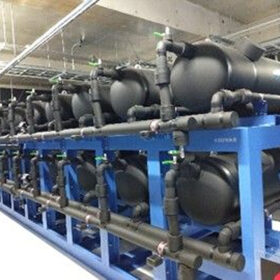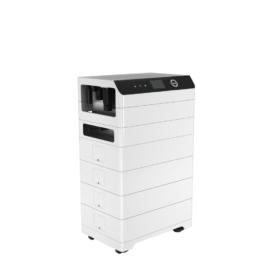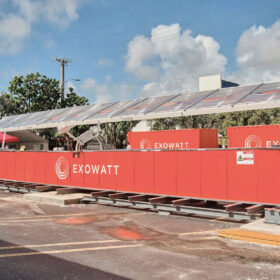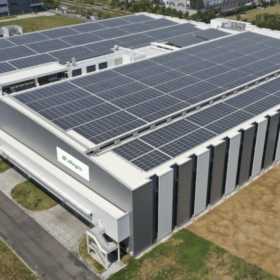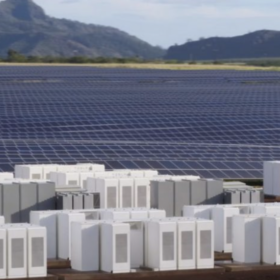Japanese energy supplier to use green hydrogen for district heating, power
Akasaka Heating & Cooling Supply says it will use green hydrogen produced at an unspecified location in Japan to produce heat and electricity for its Akasaka 5-chome district heating system in central Tokyo.
Austa releases all-in-one storage system for residential use
Austa has launched an all-in-one residential storage system with a three-phase inverter offering output from 5,000 W to 15,000 W and storage capacities ranging from 10 kWh to 30 kWh.
European utility-scale battery installations ‘ramping up’ as solar cannibalization bites, Rystad finds
With electricity market volatility increasing in many European countries, the opportunity for battery energy storage is expanding fast. Market analyst Rystad Energy expects battery installations to accelerate as project developers with falling solar capture prices and increasing frequency of negative price events.
Mexico announces battery storage mandate for renewable energy plants
A month after India introduced an energy storage mandate for renewable energy plants and China scrapped its own, Mexico has stepped forward with an ambitious 30% capacity requirement, alongside plans to add a further 574 MW of batteries by 2028.
The Hydrogen Stream: Trafigura drops $471 million green H2 plan in Australia
Trafigura says it has scrapped plans for a $471.2 million green hydrogen plant in Australia after a feasibility study, while Aurora Energy Research says Germany, Spain, Sweden, and Great Britain could drive over 50% of renewable energy demand by 2035, requiring €100 billion in investment.
Powering the AI revolution
Developers from the renewable energy and data center markets are working to find common ground to meet surging energy demand fueled by the artificial intelligence boom.
Allegro Energy unveils Australia’s first domestic microemulsion flow battery for LDES
Allegro Energy has introduced Australia’s first domestically produced microemulsion flow battery for long-duration energy storage (LDES). The company will pilot the technology with Origin Energy at the Eraring power station.
Chinese scientists build polysulfide-iodide redox flow battery with 87.9% energy efficiency
Scientists in China designed a suplhuer-based redox flow battery with a peak power density of 95.7 mW cm2 and an average energy efficiency of 76.5% at 30 mA cm2 within 50 cycles.
NHPC launches bidding for 1.2 GW of solar, 600 MW of storage in India
NHPC Ltd. has issued a tender for 1,200 MW of grid-connected solar projects with 600 MW/2.4 GWh of energy storage, offering an additional 1,200 MW under a Greenshoe option. Bidding closes on April 24.
Solar-plus-storage for extreme low temperatures
Scientists in the United States have created a testing platform for energy harvesting in solar-plus-storage systems under extreme temperatures ranging from -180 C to 300 C.
